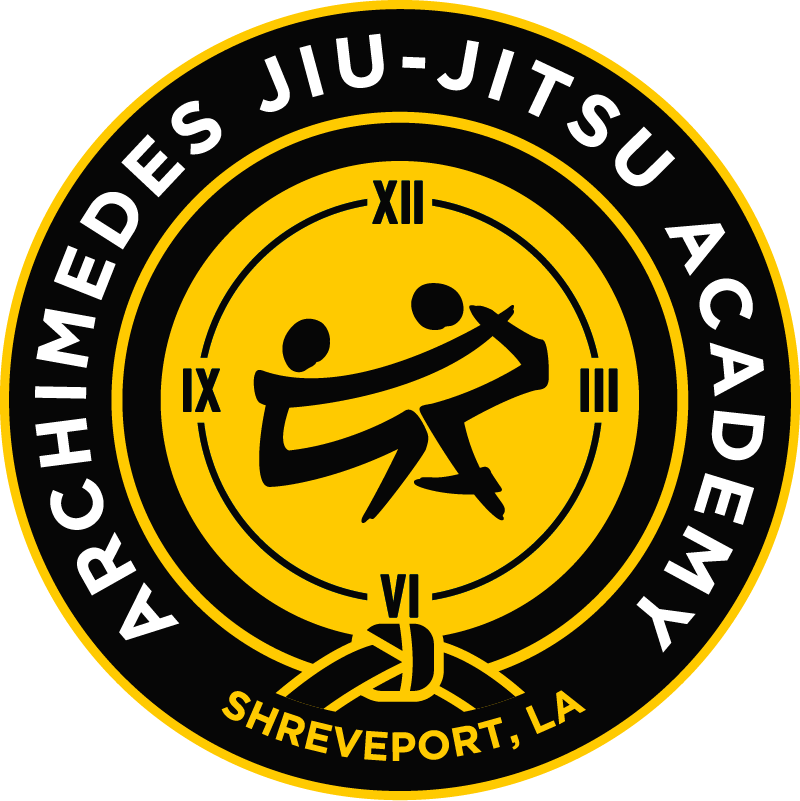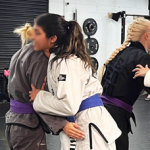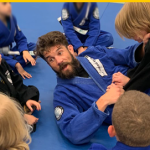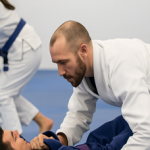Congrats! You signed up for your first tournament. This is a huge step that takes a ton of courage to pull to sign up for. This article will cover some tips on what to do leading up to the tournament, the day of the tournament, and the aftermath.
First leading up to the tournament there are a couple of things you can do to set yourself up for success at your tournament. You’ll want to make sure that you sign up for the correct weight, belt/skill level, and age bracket. As someone who has helped run tournaments you’d be surprised at the amount of people that just sign up for the wrong division. Next if you are looking at the weight class you want to look up how the weigh-in goes. Some tournaments have a weigh in the night before in spandex, or you may be weighing in wearing your gi just minutes before your match. In your first tournament it’s not advisable to cut weight because this can make for a difficult tournament. The next thing you’ll want to do is look up the rules. Again as a ref I’ve seen so many students do illegal moves that lead to disqualification. So look up the rules and when sparring practice to those rules.
The day of the tournament stick to your standard diet, eat what you eat for breakfast, if you drink coffee, drink coffee, ect. You want to keep your body in the same state you have been leading up to the tournament. Typically you’ll want to be at the venue at least 1 hour prior to your projected start time. Look up what mat you are going to be competing on and know how to get there. Approximately 30 minutes before your match you want to warm up. You want to have broken a sweat. Be sure when doing this warm up that it is something you normally do and that you don’t overdo it. You want to dynamically stretch, jog, do jumping jacks, mobility drills, drill technique with a training partner, ect. The day of the tournament you can cheer on your team mates but again that 30 min prior to your first match you want to focus on your match. You want to go out there and do your Jiu-Jitsu. Even if you are fighting off a submission you are doing your Jiu-Jitsu. Find a coach either myself or another teammate that can give valuable information of what the opponent is doing. Remember if you need to tap, tap. There is no sense in getting injured chasing a medal that will one day sit in a box collecting dust. A tap is not giving up but rather an acknowledgement of being checkmated in a match. Live to fight another day. Try to see if someone can record your match that way you and I can look at it and get some lessons learned. Go out there and have fun. This is a cool opportunity to test your Jiu-Jitsu.
After your first tournament first take stock in what you just accomplished. Win or lose you showed up to compete. You did one more difficult thing than someone who never competed. Check out the video of your match, and see what you could have improved on. Regardless of the outcome you’ll always be harder on yourself than anyone else. The most freeing moment I had as a competitor was discovering my coaches didn’t care if I won or lost. They cared that I performed my Jiu-Jitsu, that I put up a fight, and that I learned something.






